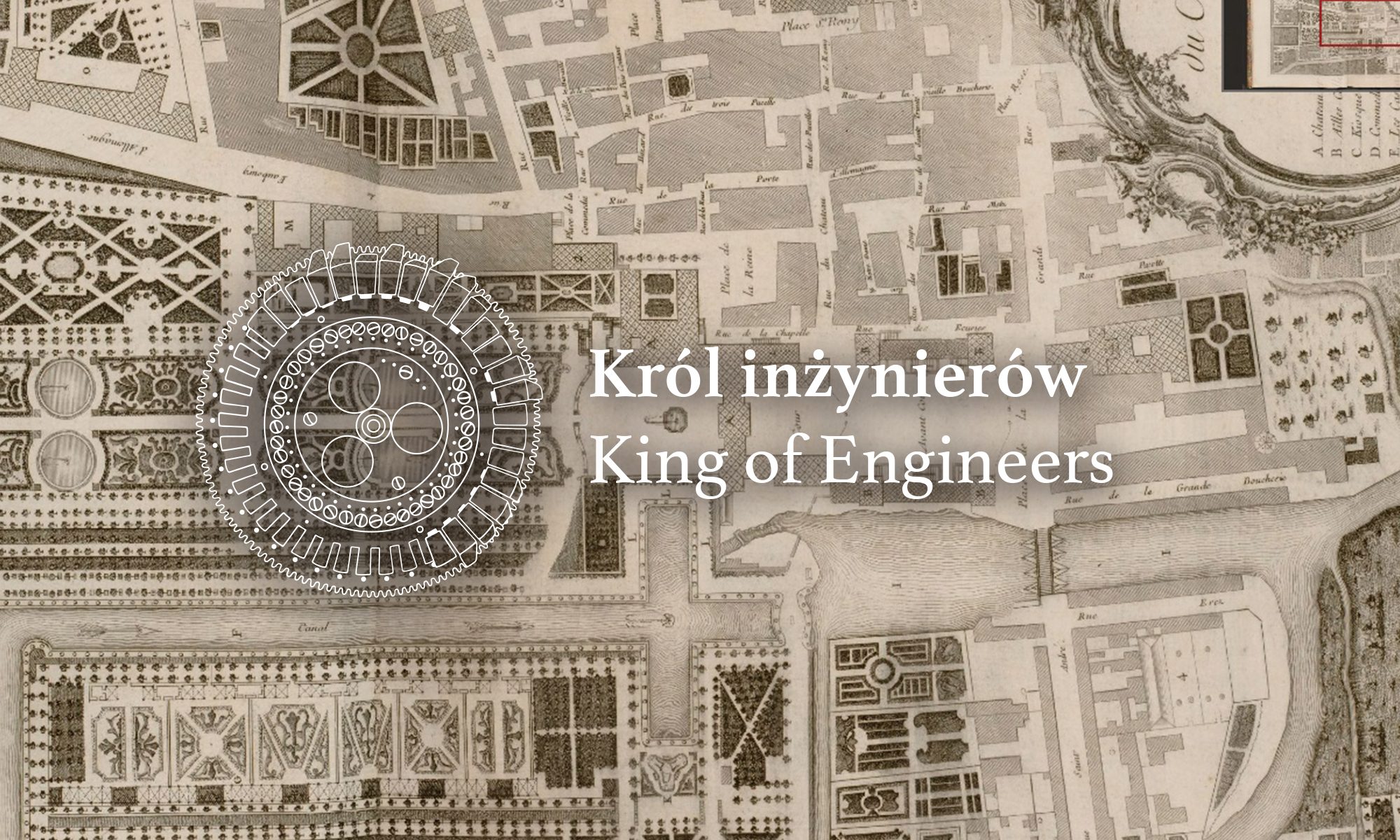The King of Engineers is a four-year research project financed by the Polish Ministry of Science and Higher Education and affiliated at the History Faculty of the University of Warsaw. Its aim is to provide a detailed description and interpretation of the automatic theatre commissioned in 1742 to the gardens of the Lunéville palace by the king of the Polish-Lithuanian Commonwealth and duke of Lorraine and Bar Stanisław Leszczyński, as well as to promote him as a historical figure of considerable importance for political, intellectual, and artistic life of the period.
Created as an embellishment of the residence of Leszczyński in Lunéville, the automatic theatre comprised up to 88 life-like mechanical figures of men, women, children, and animals set against a picturesque background of rural houses and cottages. The installation’s eighteenth-century name, Le Rocher (French for ‘rock’), originated from a then common practice of decorating residential palaces and their gardens with rocky mounds and crags, often featuring waterfalls and water jets, and Leszczyński’s theatre was no exception. What was really exceptional about the whole construction was its size, and the grandeur of its appearance. A result of cooperation of the king’s most trusted architect, Emmanuel Héré, with a Parisian clock-maker, François Richard, Le Rocher was aimed to amaze Leszczyński’s guests, Voltaire among them, and to leave them speechless in front of such a spectacular view.
Leszczyński’s theatre was a part of a larger phenomenon, and it seems by no means accidental that the 1730s saw a great rise of interest in automata and other similar self-perpetuating mechanisms. Therefore, the research hopes to investigate the link of the Lunéville automata with their counterparts created at the same time in Paris by great French engineer Jacques de Vaucanson, a genius of technology apotheosized by many as ‘the modern Prometheus’. The development of medicine in general, and anatomy in particular, novelties in mechanics, the philosophical conceptions of Descartes–all of this contributed to the modern re-emergence of the ancient automatika, the science and craftsmanship of constructing self-perpetuating mechanisms. As a supra-disciplinary research project, The King of Engineers is meant to address the most significant phenomena that brought about the creation of the automata of both Leszczyński and Vaucanson, the use of and the ideology behind which seem to be very different.
Albert Kozik is the principal investigator. The project is supervised by Gabriela Świtek and financed by the Ministry of Science and Higher Education of Poland.
